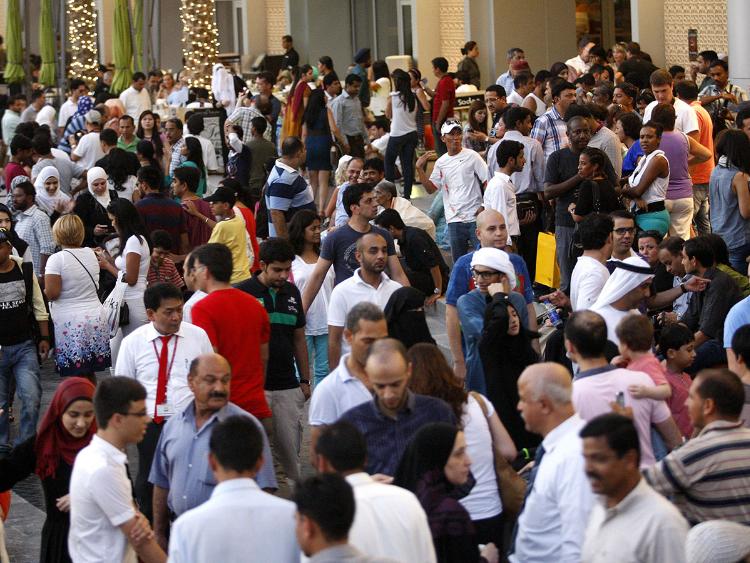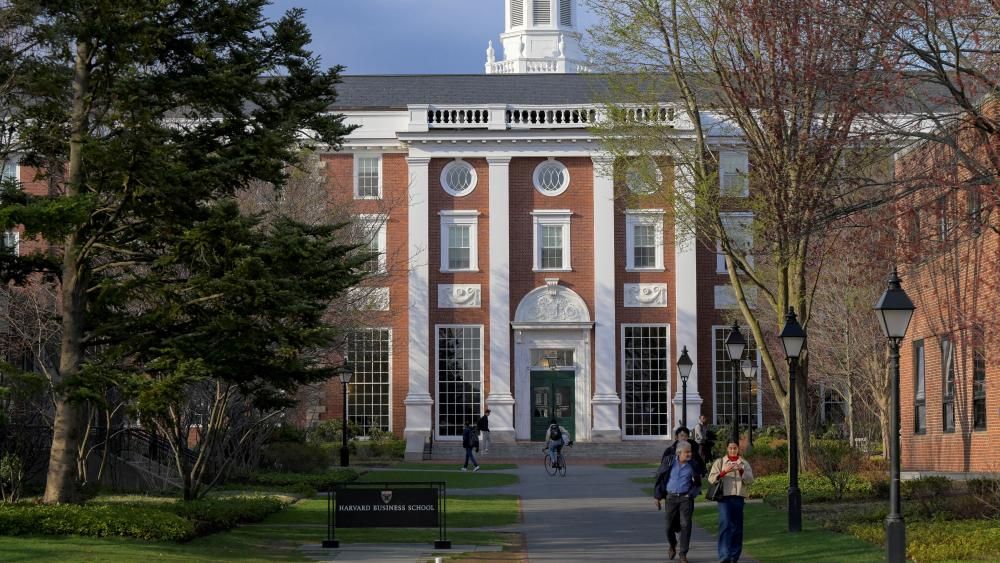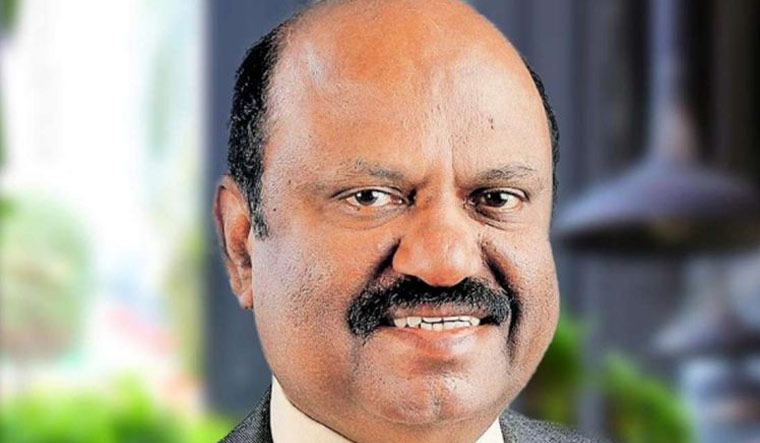UAE population crosses 9.3 million
Sun 25 Nov 2018, 11:52:24

The UAE’s population was 9,304,277 as of December 31, 2017, announced the Federal Authority for Competitiveness and Statistics, an increase of 2 per cent from 2016.
The authority said that the males accounted for 69 per cent of the population, amounting to 6,415,942, while females were 31 per cent, amounting to 2,888,335.
The UAE is considered one of the countries that began to rely on national administrative records for population-related statistics due to the advantages it offers, such as achieving maximum benefits from infrastructures in a world of integrated electronic systems.
Abdullah Nasser Lootah, the Director General of Federal Competitiveness and Statistics Authority (FCSA), said: "The Federal Competitiveness and Statistics Authority is committed to its vision, which is the knowledge for prosperity through continuous work to develop and improve statistical methodologies in line with the latest international regulations and standards in modern countries. Thanks to the cooperation and support of our partners in the UAE government, we are unveiling today the actual population of the UAE for 2017 ".
Population data are a fundamental requirement for state planning and policy making and meet the requirements of the Global Competitiveness Reports and Sustainable Development Goals, which is consistent with the 2021 Vision and Strategy. The Authority is developing data collection methods to improve the efficiency of national statistical work and data accuracy.
Dubai population to double by 2027
As people around the planet observe World Population Day on July 11 to mark the challenges facing 7.6 billion people alive today, experts say cities such as Dubai will have its work cut out for it to accommodate growth while maintaining quality of life and infrastructure.
Dubai’s population has reached 3.086 million people comprising one third of the national UAE population of 9.27 million residents, according to Dubai Statistics Centre figures on Tuesday.
And by 2027, Dubai is expected to jump to more than five million in a city whose population that has grown 1,000 per cent in the last 40 years making it one of the fastest growing cities on the planet thanks to an influx of expatriates seeking work from other countries.
The latest population bulletin released by Dubai Statistics Centre in 2016 showed that Dubai’s infrastructure is not only used by the residents living in Dubai but also by another 1.1 million people who live outside of the emirate and commute to work in the city every day.
The latest bulletin showed roughly 70 per cent of Dubai is comprised of males and the remaining 30 per cent of the population is made up of females.
Nadeem Azam, CEO, Azam Marketing and Middle East Analyst and Marketing Expert, told Gulf News that large cities such as Dubai must prepare for the future growth of urban centres.
“Population growth predictions show the population of Dubai will reach over five million by 2027, which is almost a doubling in the current number of residents. Such a significant rate of population growth can lead to a variety of issues. Most notable is the construction and maintenance of infrastructure. Housing
obviously has to be provided for a booming population and this can prove to be challenging particularly in already-tightly-packed cities with limited space.,” he said. “A tighter concentration of people, physical assets, infrastructure and economic activities can result in challenges and upheavals that can have negative repercussions, particularly over the medium-long term.”
obviously has to be provided for a booming population and this can prove to be challenging particularly in already-tightly-packed cities with limited space.,” he said. “A tighter concentration of people, physical assets, infrastructure and economic activities can result in challenges and upheavals that can have negative repercussions, particularly over the medium-long term.”
How it adds up over three years
2015 2016 2017
Emiratis 222,875 233,430 245,200
Expatriates 2,223,800 2,465,170 2,731,255
Source: www.dsc.gov.ae/en-us
According to the World Migration Report 2015, Dubai has the highest foreign-born population in major cities globally with 83 per cent of the emirate comprising residents from other countries.
Aazam said “a sizeable foreign-born population invariably has a profound impact on a place. On the positive side, an increasingly cosmopolitan make-up can be tremendously valuable to a location by bringing in fresh ideas, and more and wider skillsets. These benefit the host locality in terms of improving services and facilities available to existing residents, the private sector and the public sector, ranging from neurosurgeons to operate on patients to chefs introducing new kinds of cuisines to people.”
Dr Fayez Elessawy, UAE University (UAEU) researcher, led a study which found that Dubai’s population exploded by 1,000 in the last four decades with Dubai growing from 132,371 people in 1975 to more than 2.1 million people in 2015, a growth rate of 6.5 per cent every year fueled nearly entirely by expatriates.
“The study also found that Dubai has one of the highest annual jump in population with a 6.5 per cent growth rate from 2005 to 2015 when it reached 2.1 million. If the numbers remain that way, the population of Dubai will more than double by 2027, reaching around five million,” said Elessawy earlier.
The study noted that the built-up area of Dubai grew from 54 sq km in 1975, which grew to 977 sq km in 2015, and this means that there has also been a great urban expansion as well.
“This urban expansion has not only stopped with Dubai, but has also extended to eastern areas like Sharjah and Ajman, with many people who work in Dubai going to live in both those cities,” he said.
By the numbers
Dubai Emirati population
2015: 222,875
2016: 233,430
2017: 245,200
All other expatriate population
2015: 2,223,800
2016: 2,465,170
2017: 2,731,255
- Source: www.dsc.gov.ae/en-us/
No Comments For This Post, Be first to write a Comment.
Most viewed from International
Most viewed from World
AIMIM News
Latest Urdu News
Most Viewed
May 26, 2020
Do you think Canada-India relations will improve under New PM Mark Carney?
Latest Videos View All
Like Us
Home
About Us
Advertise With Us
All Polls
Epaper Archives
Privacy Policy
Contact Us
Download Etemaad App
© 2025 Etemaad Daily News, All Rights Reserved.

.jpg)






.jpg)
.jpg)


.jpg)
.jpg)
.jpg)
.jpg)
.jpg)
.jpg)
























